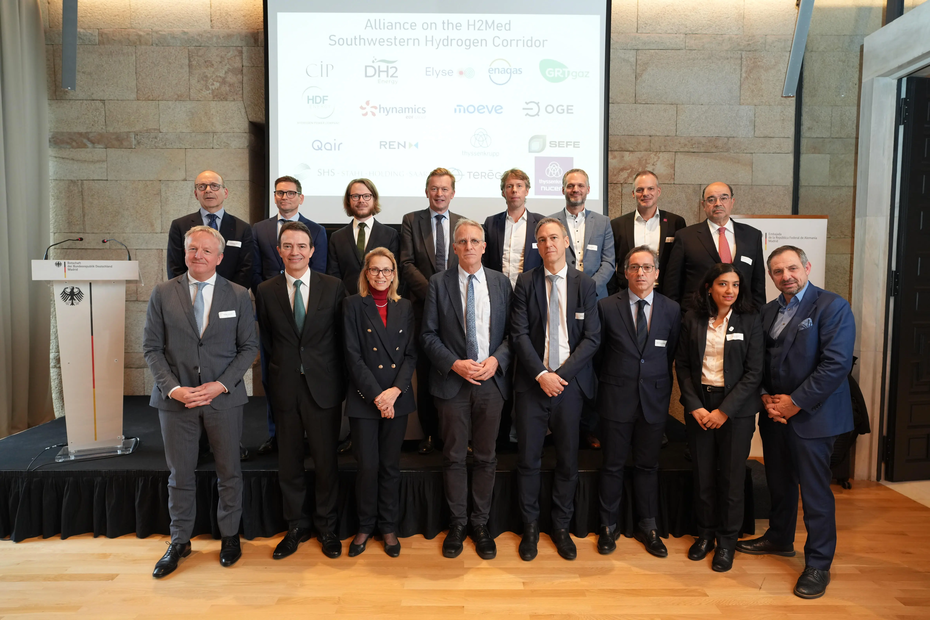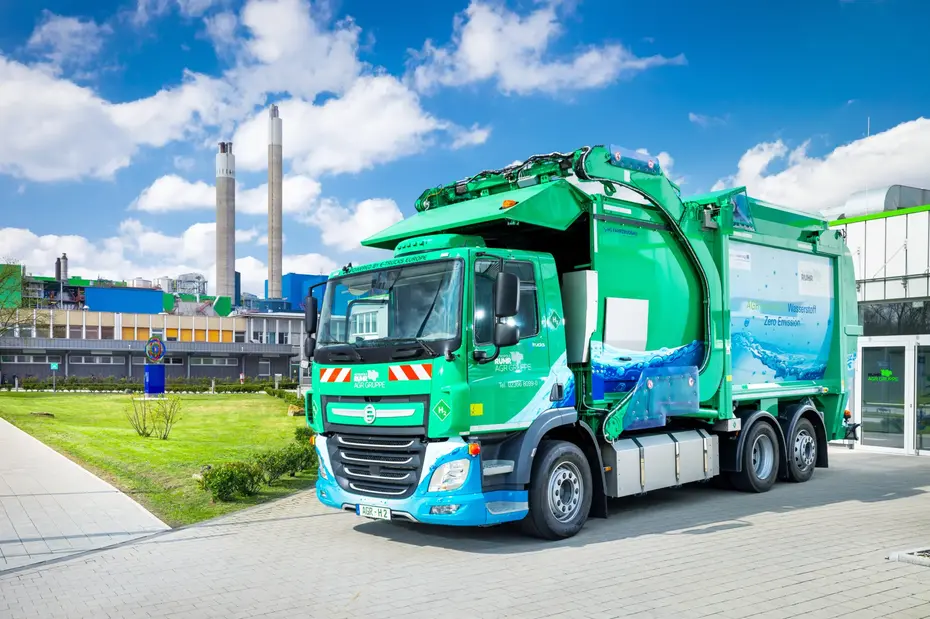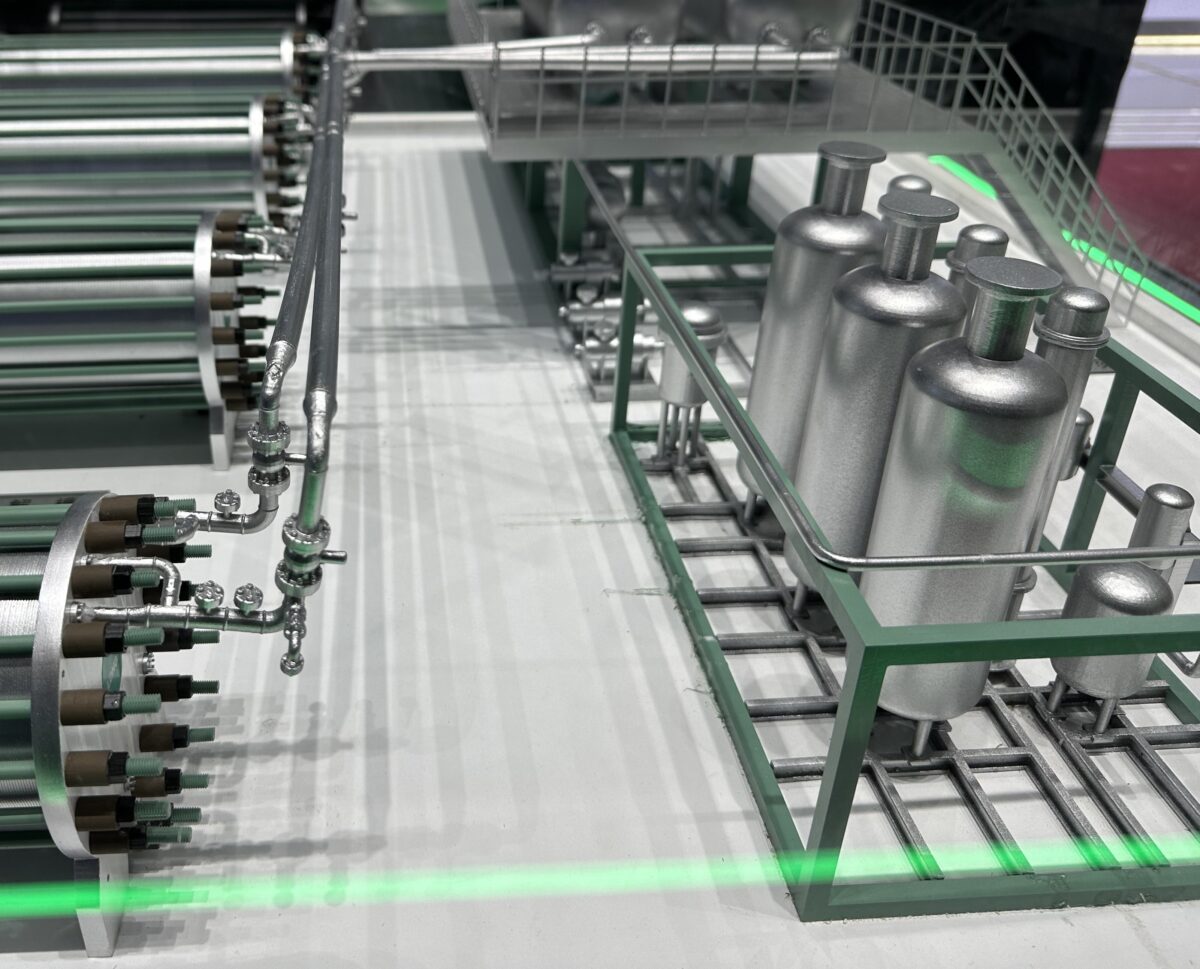The government of Canada on Dec. 18 published proposed regulations for its Clean Fuel Standard. Final regulations are expected to be published next year, with the CFS scheduled to come into force on Dec. 1, 2022.
The proposed CFS would require fossil fuel primary suppliers, including producers and importers to reduce the carbon intensity of the liquid fossil fuels they produce and import into Canada from 2016 carbon intensity (CI) levels by 2.4 grams of carbon dioxide equivalent per megajoule (gCO2e/MJ) in 2022, increasing to 12 gCO2e/MJ in 2030.
The CFS takes a performance-based approach to reducing greenhouse gas emissions. The program is designed to incentivize innovation and adoption of clean technologies while giving fuel suppliers to meet requirements in a cost-effective way that works bet for their businesses. It also creates an incentive for industries to innovate and adopt cleaner technologies to lower their compliance costs.
Under the program, compliance credits can be created in three ways, including by undertaking projects that reduce the lifecycle carbon intensity of fossil fuels, such as carbon capture and storage (CCS) or renewable electricity; supplying low carbon fuels, such as ethanol and biodiesel; or supporting the switch from fossil fuels to lower carbon fuels or energy, such as electricity or hydrogen in vehicles.
According to Advanced Biofuels Canada, the proposal’s biofuel sustainability criteria align with the requirements of the U.S. Renewable Fuel Standard.
ABC also noted the proposed regulation would allow primary supplier to use compliance credits created following credit creation rules related to reducing the CI of gaseous for solid fuels for up to 10 percent of their liquid class reduction requirements. In the proposal, the government said the crediting opportunities for gaseous and solid fuels would include projects that reduce the lifecycle of solid and gaseous fuels, and the production or importation of lower CI gaseous fuels, including renewable natural gas (RNG), biogas, hydrogen and renewable propane.
“Today’s release of the draft regulation is a critical signal to the fossil and clean fuels sectors that Canada is determined to have a leadership role in transitioning to a low carbon economy,” said ABC in a statement released Dec. 18. “Clean fuel standards are a proven approach to addressing the transportation sector’s rising emissions. Canada has a wealth of sustainable, renewable energy sources and, paired with our clean technology innovators, holds the opportunity to realize significant economic benefits from expanding our advanced biofuels sector.
“Environment and Climate Change Canada also released last week a suite of policy and fiscal measures that will complement the proposed CFS,” ABC continued. “This integrated approach to supporting innovation and attracting investments in the clean fuel sector in Canada will mirror the success of other jurisdictions. We look forward to working with the Government of Canada and our clean fuel colleagues in the year ahead to ensure that the final CFS regulation delivers on its potential to contribute meaningfully to a prosperous, low carbon economy for our country.”
Growth Energy has spoken out to applaud the proposed CFS regulations, noting that program will continue to push the benefits of biofuels in North America. “Canada continues to be a trailblazer in addressing climate change and cutting greenhouse gases through biofuels,” said Emily Skor, CEO of Growth Energy. “The Clean Fuel Standard drives progress towards better air quality and sustainable choices that support rural communities by setting the achievable goals of reducing more than 20 million tons of greenhouse gas emissions annually which in turn will incentivize viable and cost effective solutions such as 15 percent ethanol in all gasoline by 2030. I look forward to continue working with our northern neighbors as we position biofuels at the forefront of climate change.”
This article is reproduced at www.biomassmagazine.com







